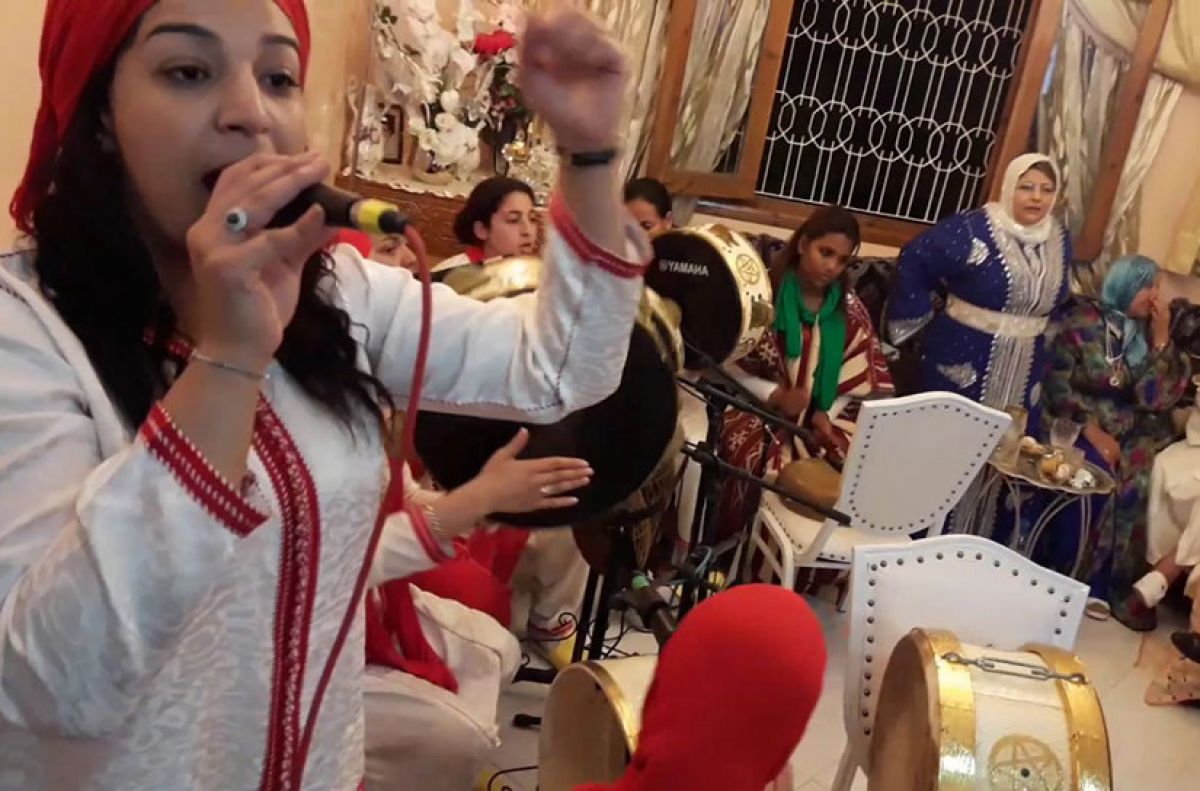Parentes (Relatives) is the most recent volume of the Existence-Resistance project that the photographer and anthropologist Rogério Ferrari has been working on since 2002 with the purpose of portraying the struggle of peoples and social movements for land and self-determination. The book which will be released on September 21st at 7:00 pm, at RV Cultura e Arte, is a record of indigenous peoples in Bahia and a result of the photographer’s itinerancy, who toured different regions of the state to show “the face, which to many is unknown, of our relatives. ”
Ferrari explains that Parentes (Relatives) “is a project in the framework of what I have been doing through photography: communicating, informing, sharing”. The photographer emphasizes “diversity, permanence and resistance of the native peoples in Bahia”, revealing in 64 black and white images the “face” of the Pataxó, Pataxó Hã Hã Hãe, Tupinambá, Pankaru, Pankarare, Tuxá, Atikun, Kaimbé, Tumbalalá, Kiriri, Kantaturé, Tuxi, Kariri-Xocó and Truká. In this sense, the book becomes a meeting place – or a reunion – between the reader and these relatives, because for the author, ” the portraits may suggest a collective self-discovery and the reiteration of a neglected identity.”
Through the publication, the photographer shares his personal encounter with many relatives. The photographs are clippings of his experiences with the indigenous communities of Santa Cruz Cabrália, Pau Brasil, Itaju do Colônia, Porto Seguro, Buerarema, Ilhéus, Olivença, Paulo Afonso, Curaçá, Euclides da Cunha, Banzaê, Ibotirama, Rodelas, Quijingue, Glória and Abaré, among other Bahian municipalities. The book, sponsored by the Culture Fund (Secult-Ba), features a map of each community contemplated in the project.
Parentes (Relatives) also gathers essential texts that amplifies the dialogue proposed by Rogério Ferrari with the reader, such as that of pataxó Genilson Tacuari, who signs the afterword. The volume contains important contributions from researchers part of the Research Program on Indigenous Peoples in the Northeast of Brazil, such as that of its coordinator, anthropologist Maria do Rosário Carvalho, a professor at the Federal University of Bahia – UFBA, who prefaces the work. The anthropologist José Augusto Laranjeiras Sampaio, a professor at the State University of Bahia (UNEB), an associate researcher of the same program, analyzes the condition of indigenous lands in Bahia. Ferrari, who holds a master’s degree in Anthropology, also writes about the people portrayed, sharing their impressions and thus seeking to help bring more proximity to our relatives.
About the Author – Independent photographer, Rogério Ferrari (1965-) is a Bahian from Ipiaú and has been portraying people from various parts of the world who resist to exist. He signs a unique body of work that has now reached it’s seventh volume (Parentes), and is part of the Existence-Resistance project. Through his publications, debates and photographic exhibitions, he has evidenced the struggles of the Palestinians living under the violent Israeli occupation; the Kurdish people in the region occupied by Turkey; the Zapatistas in Mexico; the Landless Movement in Brazil; the Palestinian refugees in Lebanon and Jordan; the Saharawi refugees in the Sahara desert and in the territories occupied by Morocco; the Mapuche, in Chile; the gypsies in Bahia; and the Guarani Kaiowá Indians in Mato Grosso do Sul.
It is an unusual trajectory, marked by both the documentation of historical events, such as the fall of the Berlin Wall (1989) and the invasion of Palestine by the Israeli Army (2002), as well as encounters with legendary figures such as the then leader of the Palestine Liberation Organization (PLO), Yasser Arafat, and Subcomandante Marcos (now subcomandante Galeano), a spokesman for the Zapatista National Liberation Army. Parentes (Relatives) book that launches in 2018, reflects his unique look focused on the perspective of those he portrays, countering the information disseminated by the media. In this publication, the photographer remains reactive to the trend of spectacularization of human tragedy, reaffirming his position driven by his political ideals.
With solid arguments, his published work already has inscriptions in the cinematographic field, through the short film Muros, by Camele Queiroz and Fabricio Ramos, and in the scope of academic research as theme of articles and dissertations: Nosoutros, Os Ciganos. Entre o Estigma e a Resistência (in others, The Gypsies. Between Stigma and Resistance)(2016), defended by Rogério Ferrari, in UFBA’s Anthropology post-graduate Masters Program; and “O que faria com aquilo que entrava pelos meus olhos?” (“What would you do with that which goes through my eyes?”) – Gesture and poetry in the photography of Rogério Ferrari (2016), defended by Cássia Nunes to obtain a Master’s degree in the Post-Graduate Program of Culture and Society (UFBA).

